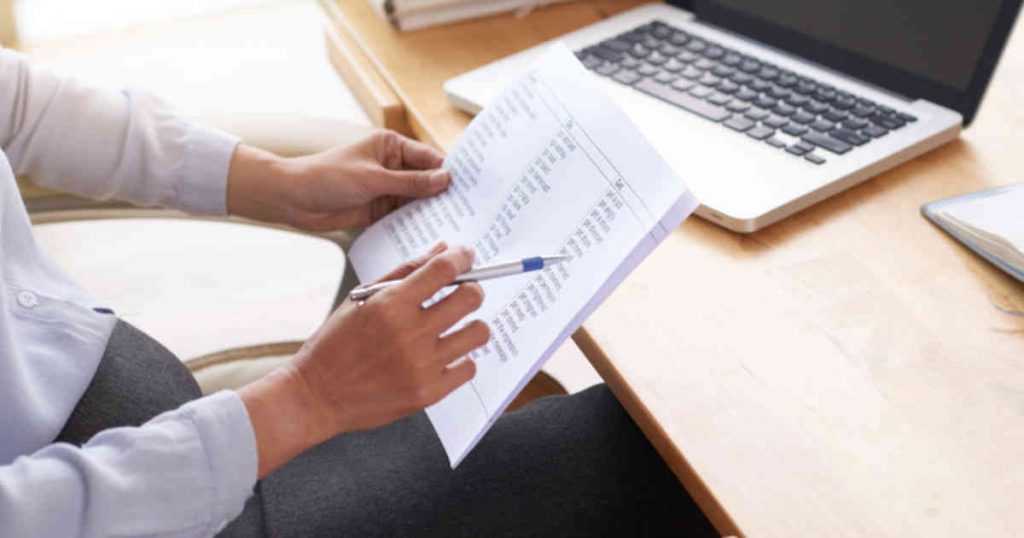What do background checks include? This is a question that many people have, and it’s a valid one. After all, you probably don’t want just anyone having access to your personal information. Background checks are used for a variety of reasons, including employment screening, tenant screening, and more. This article will take a comprehensive look at what background checks entail.

We’ll also discuss the different types of background checks that are available and how they can be used.
1. What are background checks, and why are they important?
A background check is a process whereby someone’s criminal and financial records are investigated in order to determine their suitability for a particular job or task. Such checks are important in order to protect businesses and organizations from potential harm. For example, if an individual with a history of violence were to be given a job that involved working with vulnerable people, there would be a significant risk of harm. Conversely, if someone with a clean criminal record were to be given a job that required them to handle large amounts of money, the likelihood of theft would be much lower. In short, background checks help to ensure that people are placed in positions where they are unlikely to pose a risk to others.
2. What types of information are included in a background check?
Job applicants often undergo a background check as part of the hiring process. This check can include various types of information, such as criminal history, credit history, and employment history. The exact information included in a background check will vary depending on the employer’s requirements. However, many employers will run a criminal background check to ensure that the applicant does not have any felonies or misdemeanors on their record. In addition, many employers will also request a copy of the applicant’s credit report to check for any red flags. Finally, the employer may contact the applicant’s previous employers to verify their job history and to get a sense of their work ethic.
3. How can you get a copy of your own background check?
You may need a copy of your own background check for a number of reasons. Perhaps you’re applying for a new job or trying to rent an apartment. Or maybe you’re just curious about what information is out there about you. Whatever the reason, there are a few ways to obtain a copy of your background check. One option is to contact the local law enforcement agency where you live. Another option is to request a copy from the court system if you have ever been convicted of a crime. You can also contact a private company that specializes in background checks. However, keep in mind that these companies may charge a fee for their services. Ultimately, obtaining a copy of your own background check is relatively simple and can be done through various channels.
4. What should you do if there’s something on your background check that you don’t agree with?
If you come across something on your background check that you don’t agree with, it’s important to take action. First, ask for a copy of your report from the company that conducted the check. Review the report carefully to identify any inaccuracies. If you find anything that is incorrect, reach out to the company and explain why you believe the information is wrong. Be sure to include any supporting documentation that you have. The company will then investigate the matter and make any necessary corrections. In some cases, you may also need to contact the court or other agencies to have them update their records. By taking these steps, you can ensure that your background check is accurate and up-to-date.
5. How do businesses use background checks?
Businesses use background checks to verify their employees’ identities and check for any criminal records. Background checks are also used to verify an employee’s education and employment history. Businesses may also use credit checks to determine an employee’s financial responsibility in some cases.
6. Are there any restrictions on who can conduct a background check?
In the United States, there are a number of laws regulating who can conduct a background check and what information they can access. The most well-known law is the Fair Credit Reporting Act (FCRA), which governs the use of consumer credit reports. The FCRA requires that background check companies follow certain rules when collecting and using credit information. For example, they must have a legitimate purpose for conducting the check, and they must obtain the subject’s consent before accessing their credit report. In addition, the FCRA imposes data security requirements on background check companies to ensure that the information they collect is protected from unauthorized access. There are also a number of state laws governing background checks, which may impose additional restrictions on who can conduct a check and what information they can access.
Conclusion
Employers will likely do a background check on you when you apply for a job. It’s important to know what kinds of information they might find and how it could impact your job prospects.